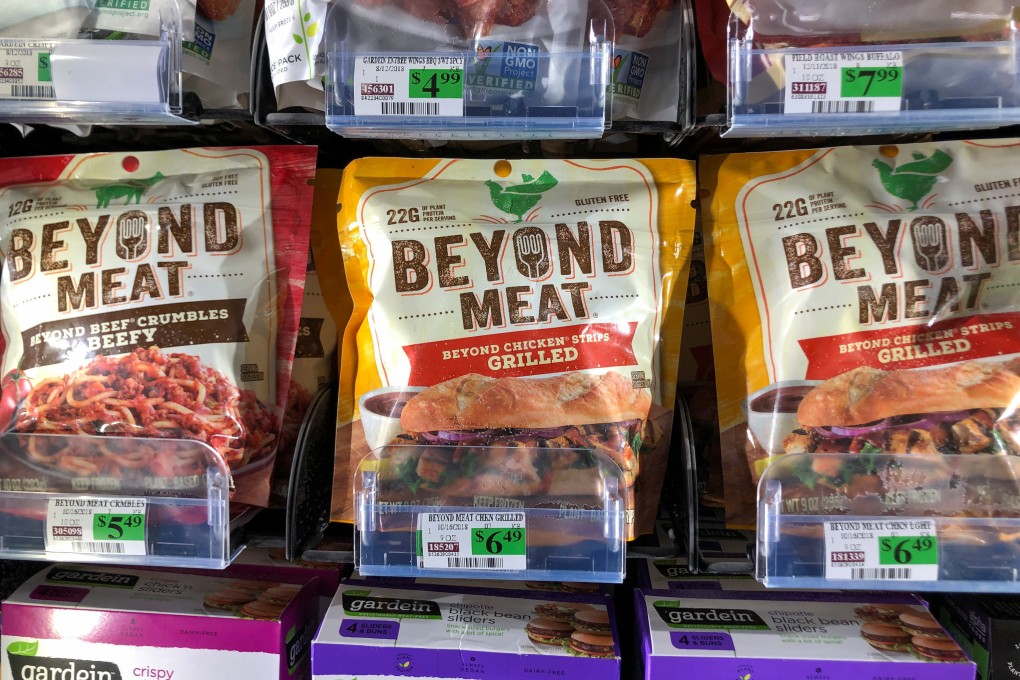Most meat won’t come from slaughtered animals by 2040, new report claims
- The report estimates 35 per cent of all meat will be cultured in 2040 and 25 per cent will be vegan replacements
- It also highlights the far greater efficiency of the alternatives to conventional meat

Most of the meat people eat in 2040 will not come from slaughtered animals, according to a report that predicts 60 per cent will be either grown in vats or replaced by plant-based products that look and taste like meat.
The report by the global consultancy AT Kearney, based on expert interviews, highlights the heavy environmental impacts of conventional meat production and the concerns people have about the welfare of animals under industrial farming.
“The large-scale livestock industry is viewed by many as an unnecessary evil,” the report says. “With the advantages of novel vegan meat replacements and cultured meat over conventionally produced meat, it is only a matter of time before they capture a substantial market share.”
The conventional meat industry raises billions of animals and turns over US$1 trillion a year. However, the huge environmental impacts have been made plain in recent scientific studies, from the emissions driving the climate crisis to wild habitats destroyed for farmland and the pollution of rivers and oceans.
Companies such as Beyond Meat, Impossible Foods and Just Foods that use plant ingredients to create replacement burgers, scrambled eggs and other products are growing rapidly. AT Kearney estimates US$1 billion has been invested in such vegan products, including by the companies that dominate the conventional meat market. Beyond Meat raised US$240 million when the company went public in May and its shares have more than doubled since.
Other companies are working on growing meat cells in culture, to produce real meat without needing to raise and kill animals. No such products have yet reached consumers, but AT Kearney predicts cultured meat will dominate in the long term because it reproduces the taste and feel of conventional meat more closely than plant-based alternatives.
